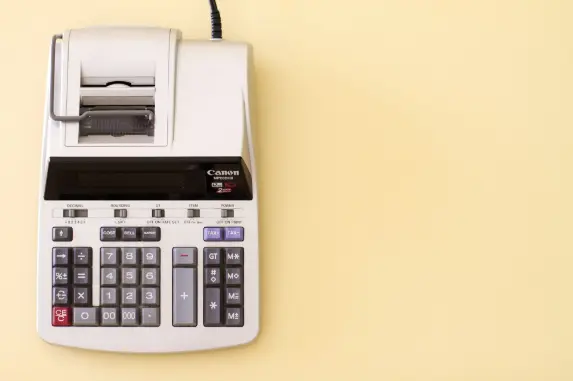In Denmark, banks play a central role in ensuring financial security and preventing financial crime.
As an entrepreneur, you can strengthen your relationship with your bank by understanding their approach to risk management and regulatory compliance.
This knowledge can enhance your customer experience and make it easier to understand why banks ask (so many) questions and require (so much) documentation.
Why Does the Bank Request Documentation?
Banks are obligated to follow regulations like the Anti-Money Laundering Act and conduct KYC (Know Your Customer) processes. This means they need to know their customers' identity and financial activities to prevent fraud. It’s not just for the bank's benefit—it’s to protect you as a customer.
Banks typically ask for identity verification using documents like passports, driver's licenses, and health insurance cards. This isn’t just a formality—it helps safeguard both you and your information.
Banks may also periodically request updated information. While this may seem like unnecessary paperwork, it’s an essential part of maintaining security—like keeping your desk organized. A well-kept desk not only keeps things in place but also provides peace of mind.
The Bank's Intentions
Sometimes, it can feel like the bank is monitoring you, but it’s not personal. Bank checks are necessary to ensure financial security and comply with regulations. By understanding that these processes are part of the bank's efforts to protect both you and themselves, you can avoid frustration and view it as a necessary part of the relationship.

Do you need help?
If you have questions about banking procedures or documentation, you can always contact Finklusiv for support and guidance.
Risk Management and “Detective Work”
You might wonder, “Why does the bank need to know how I use my money?” Don’t worry! The bank conducts a basic risk assessment—a kind of security check. They review your transactions to ensure everything looks normal.
For example, if you transfer a large sum of money to a family member abroad, the bank might ask about the purpose. This “detective work” isn’t meant to monitor you, but to keep your finances safe and ensure rules are followed.
Think of the bank as your financial ally, looking out for you and helping maintain stability in your activities.
Practical Tips for Entrepreneurs
Keep your documentation in order
Be ready to provide identification and financial papers. Make sure your contracts and agreements are signed and archived for easy access.
Communicate openly
Inform the bank about changes in your business, such as changes in ownership or major investments. Banks appreciate hearing about changes directly from you before they happen.
Understand the questions
Recognise that these are part of the bank’s work to ensure safety for both you and them. It’s easier to answer questions when you know why they’re being asked.
In Conclusion
When you understand the reasons behind the bank's requirements and questions, working with them becomes easier and more secure.
Don’t hesitate to ask questions and be open—the bank is your partner in ensuring a safe and effective financial experience. Together, you can create a financial future that is not only secure but also full of opportunities.
You can learn more about how banks think by watching our training video below.
Video: How does a bank think?




